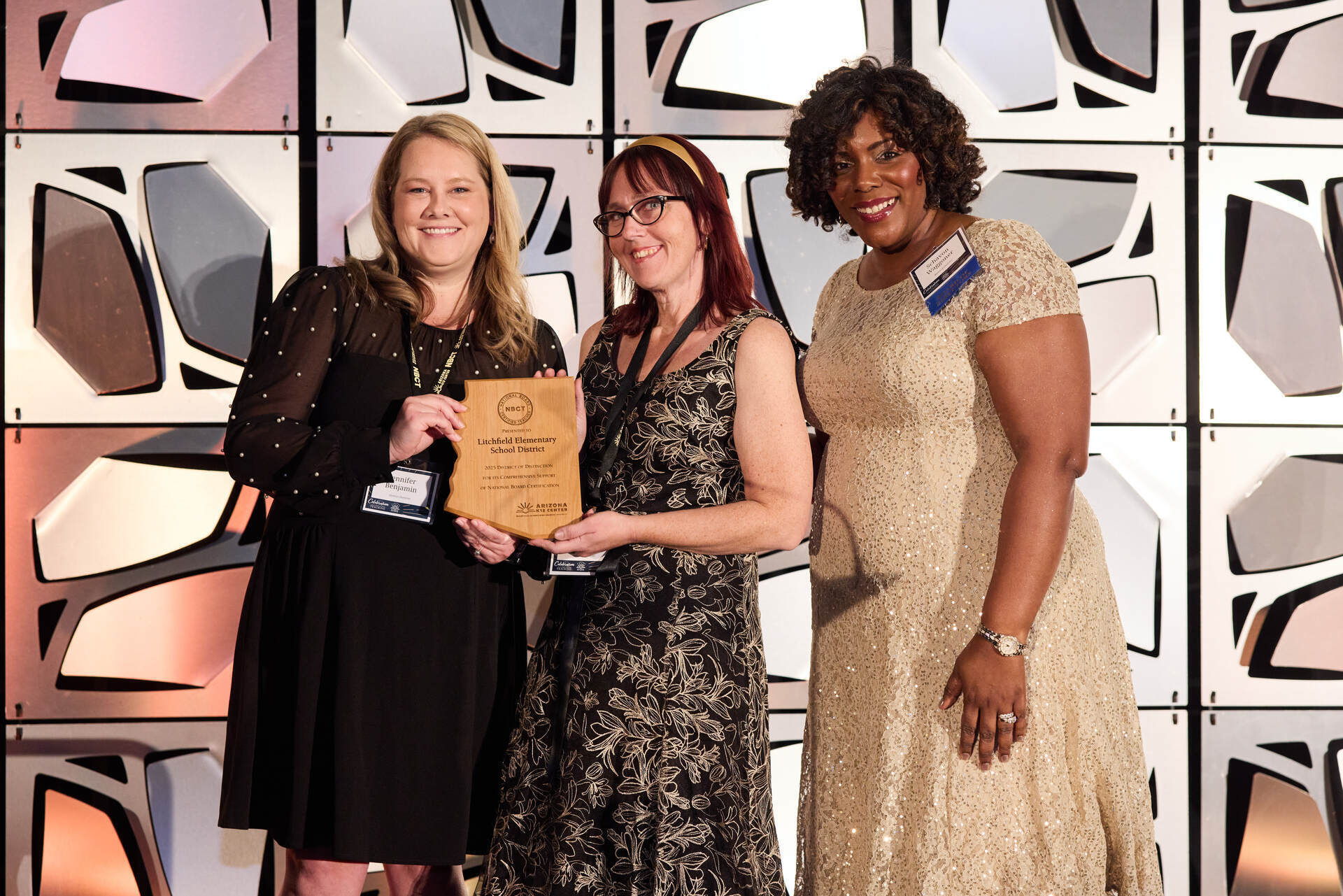January 2, 2019
Spend Less Time Working!
Adding more play and less work to your schedule is crucial to your students’ success. Here’s why.
Show me a teacher who believes the amount of work they do is reasonable for a normal, non-superhuman, and I’ll show you someone who is probably fudging the truth.
There seems to be no limit to the time and effort caring teachers will sacrifice for their craft. Once you consider planning, committees, professional learning communities, tutoring, parent-teacher communications, extracurricular events, and data tracking, where does the madness end?
Often, the big-hearted individuals who become teachers find themselves in a never-ending cycle of giving: of their time, resources, energy, and, sometimes, their happiness and sanity. But what if spending less time working outside of the classroom actually made you a more effective teacher?
Yes, you read that correctly. Simply put, you should stop working so much.
Those four words put together are nothing short of blasphemous in the world of education. Surely, anyone who doesn’t pour every second of their time into the laundry list of teaching roles is a less-than-stellar educator. Right?
This unfortunate stigma surrounding a commitment to a healthy mindset and true work-life balance has doomed far too many teachers. It leads to burnout, job dissatisfaction, and a lack of patience with students, staff, and one’s own family. The fact is that hyper-stressed educators don’t always have enough left in the tank to be the patient, nurturing, creative superhero you’re asked to be on a daily basis.
How do I start to slow down?
Taking a break can seem impossible in the face of unrealistic expectations. Here’s where to begin.
- Learn to say no. Agreeing to every single task asked of you leaves no time for the job you’re actually being paid to do, which is empowering students and changing lives through education. If a task doesn’t directly affect your bottom line, consider simply saying “no.” You might feel uncomfortable, and that’s okay. Saying no doesn’t make you a bad teacher!
- Protect your personal and family time. Don’t just dream about taking time for yourself. Be intentional about it, or your calendar will inevitably fill up with work-related obligations. Set aside time for the people and things you love, and when those times come, stop whatever you’re working on. Your sanity and your loved ones are more important than any administrative task will ever be.
- Work smart — and hard. Inefficiency is the enemy of free time. Instead of spending 30 minutes complaining about student behavior after the bell has rung, spend that time prepping for tomorrow. Design your assessments to be an effective measure of learning, but also to be quick and easy to grade. Recruit those around you to help with the tedious parts of teaching. Your loved ones will gladly lend a hand if the end result is more free time with you!











